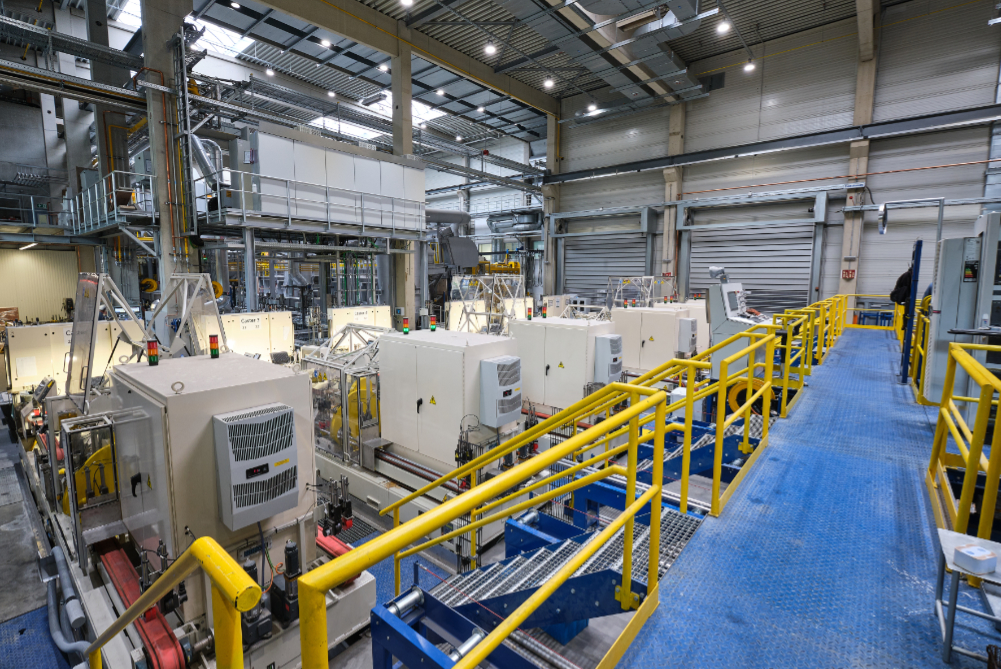Proceed
The focus is on the further development of the sorting technology for EoL aluminum scrap based on the LIBS (Laser-Induced-Brakedown-Spectroscopy) process with regard to sorting and cost efficiency in order to achieve the most reliable sort and alloy-specific separation possible. In order to set up an adapted, cost-efficient process chain, the consequences of previously unknown increased concentrations of previously undesirable accompanying elements should also be researched. Specifications for modifying the alloy composition are then derived from this. In this context, it must be ensured that the property profile of the alloys does not deteriorate significantly. The process parameters of the cost-efficient shaping processes press hardening and direct forging must also be adapted to the secondary alloys. In the joint project, an overarching collaboration along the entire digitized and networked process chain is being implemented to increase the lightweight construction potential. Furthermore, methods and modeling approaches are researched and validated, with which the information and knowledge from the entire process chain are summarized in order to enable decision support in the case of inevitable target conflicts with regard to the different property profiles. The resulting digital process chain not only includes data integration, but also superordinate models for evaluating different scenarios.

Image: Otto Fuchs KG